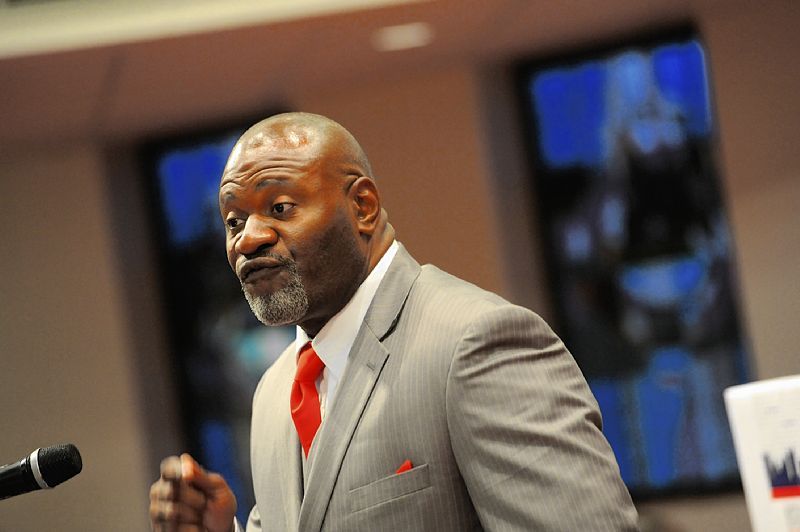Speaking is one of the most powerful tools of mass communication and very helpful in case one has to communicate with a large audience.
A speech is prepared according to the audience and their language. Speeches used to be spontaneous but the modern day speeches are well planned and there are speech writing tips that can make a lot of difference to the quality of a speech.
Public speaking is about delivering the thoughts of the speakers to the audience effectively. A speech well written and prepared in advance can help a person to face the audience with confidence. Here are ten speech writing tips to help out.
[1] Primary Objective
A speech writer should present and emphasise on the primary objective of the speech. A speech written with too many ideas will divert the intention of the speaker and confuse the audience. Normally, focus on three or four ideas only and build your speech on these. Better to hit three strong points properly than to attempt to make ten but end up poorly tackling them.
[2] Speech Structure
A good speech should be written in a structured manner to present the audience with the ideas in a 'query and solution' form. A speech can be segregated into Opening, Body and Conclusion
[3] Content
A good speech should have a good quality in the right quantity. An excessive content written in an uninteresting manner will dilute the idea of the speech and make the speech ineffective. Be prudent with your write-up; make every sentence count. Avoid using too many words to describe something you could quite easily describe with fewer words without loss of meaning — unless you deliberately mean to do so for reasons best known to you!
[4] Target Audience
The speech writer should consider the type of audience for whom the speech is intended. The language of the speech or the medium should be easily understandable and comfortable to the target audience. Depending on the topic, you would not speak to teenagers and youths the way you’d speak to parents or middle-aged people. Both groups could potentially interpret your message in very different ways.
5] Facts
A good speech should have multiple numbers of facts to validate the speech. Relevant facts related to the subject should be used in the speech as without facts a speech, however good it may be, will be invalid. Do not quote incorrect figures. One misquoted date, for example can harm the authenticity of your presentation and ultimately harm your own integrity and reputation. Always cross-check facts and figures properly. Use reliable sources.
[6] Emotional Quotient
A good speech writer can add an emotional touch by using personal stories, examples and even some metaphors. A human touch to the problems is useful in presenting the speech. Depending on the type of speech and occasion, you might want to weigh the appropriateness of emotion in the speech. See the Four Types of Public Speaking for more on this.
[7] Strong Opening and Closing
A strong opening will make an effective and strong impression and a good closing a useful reminder. First impression is very effective as it has a lasting impression on the audience. A good closing, with a strong call to act, can help in reinforcing and imprinting the idea of the speech in their memories.
[8] Handouts
A printed handout with details of the speech can be provided to the audience after the speech is over. A printed handout will be a written reminder and will make the audience more receptive to the speaker. If you plan to hand out printed scripts of your speech or presentation, it is advisable you inform your audience before the speech. This will allow focus on your presentation rather than struggling to jot down bits of information from your presentation as you speak. This normally divides audiences’ attention.
[9] Simple & Short Language
A good speech with short and simple words to express the idea without the use of jargons will make it easier on the audience to grasp the idea. Simple words and simple language will make the speech much clearer to the audience making it easier in retaining the speech. Don’t try to be a Soyinka or a Shakespeare. Why use a 15-syllable Latin word where a 2-syllable English word could do just fine? Don’t confuse your own audience!
[10] Evaluate the Speech
A good speech can be improved by taping and listening to the speech, before presenting it to the audience. The writer can make improvements in the speech with the feedbacks to bring perfection.
As the eminent poet Robert Frost observed:
"Half the world is composed of people who have something to say but can't, and the other half who have nothing to say but keep on saying it." ~ Robert Frost.
Speech writing tips like these can help a speaker without creative writing skills to still prepare a decent speech and, hopefully, eliminate much of the shortcomings most speakers have in expressing their ideas effectively.
Netrajit Laishram contributed to this article.










